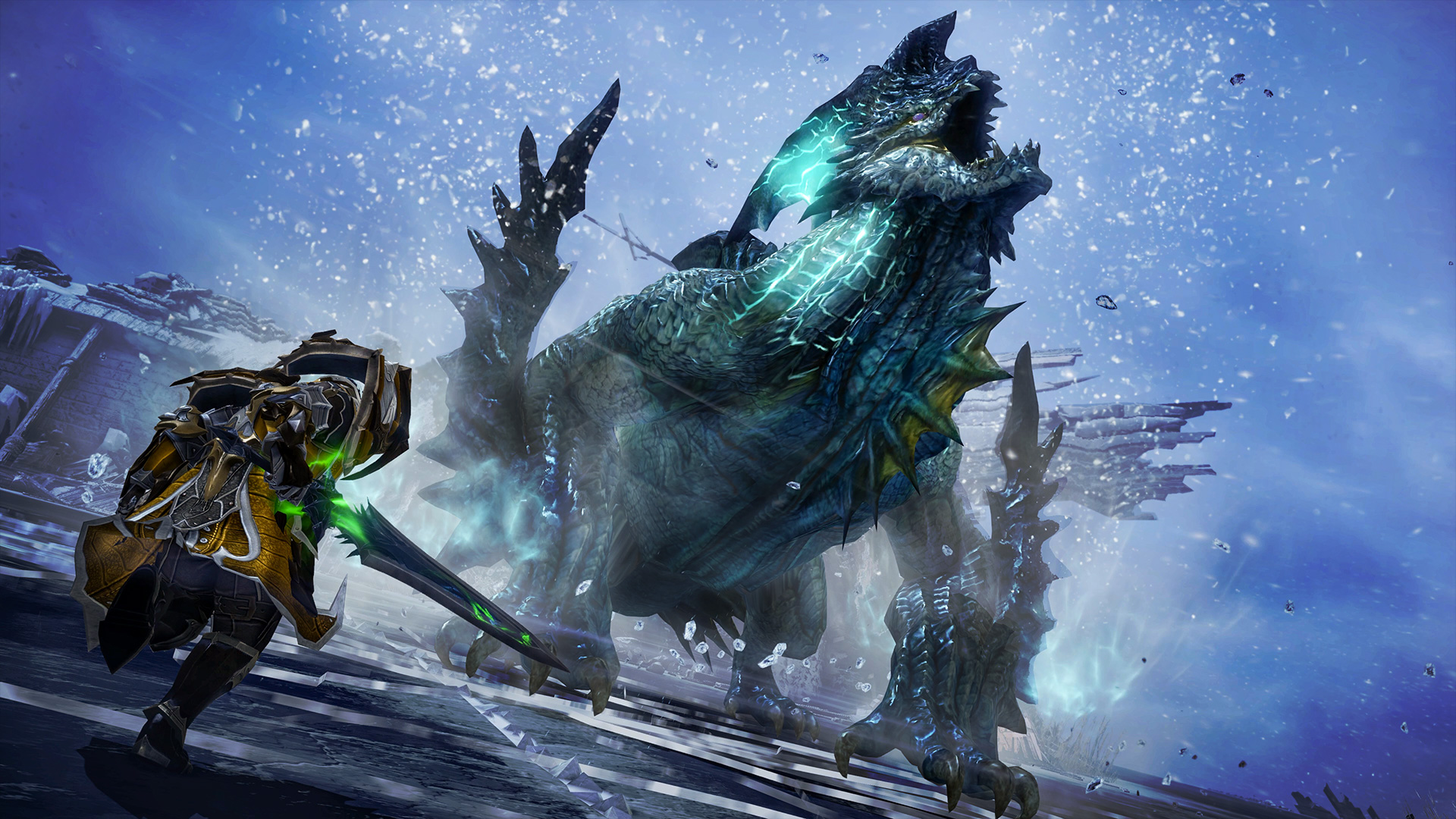Western Lost Ark fans claim their version of the MMO runs 50 FPS slower than in Korea
Some are claiming NA and EU versions are throttled compared to the original

Members of the Lost Ark community claim that the western version of the popular MMO is running much worse than it does in other regions.
In a thread on the official Lost Ark forums (via Reddit), some players are claiming to be experiencing major performance hiccups on the NA and EU versions of the game, and are also stating that the Russian and Korean counterparts are running much better.
At their worst, some say the game is running as much as 30-50 FPS slower for the western versions, making the gameplay experience significantly worse for players in those regions. YouTube user Megaa posted a video of their desktop running both, with the RU version running at 120 FPS, while the EU version is hobbled at 70 FPS.
There's no clear reason as to why one version is running much better than the other. Some have speculated that the key differences is the Easy Anti-Cheat system in the EU and NA versions, which is using extra resources.
Amazon thus far hasn't commented on the situation, so it's not clear how widespread this issue is. One forum user claims to have gotten a response from a customer service representative, saying: "We've gotten some other reports about performance issues, and any updates regarding resolving it would be posted on our social media or patch notes."
We've reached out to Amazon Games to try and clarify the situation further and we'll update you if we get official word.
Hopefully clarity will come and players will soon be able to boost their performance in-game. Especially in PvP where split-second decisions matter, getting a more responsive display will make a much better experience.
Sign up to the GamesRadar+ Newsletter
Weekly digests, tales from the communities you love, and more
Want more games like Lost Ark? Check out our list of the best MMOs.
Patrick Dane is the former Guides Editor at TechRadar. He is now a freelance games journalist writing for sites and publications such as GamesRadar, Metro, IGN, Eurogamer, PC Gamer, and the International Business Times, among others. He was also once the Managing Editor for Bleeding Cool.


